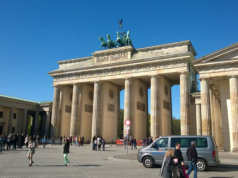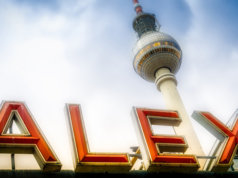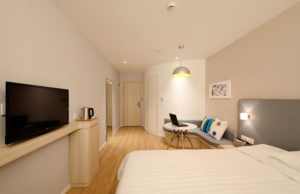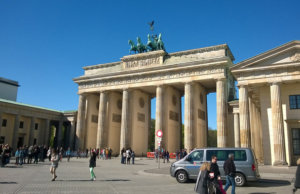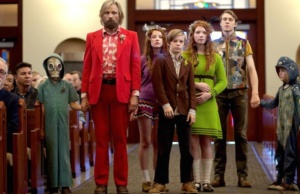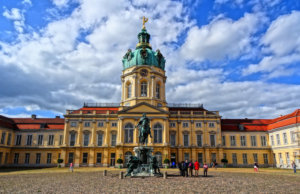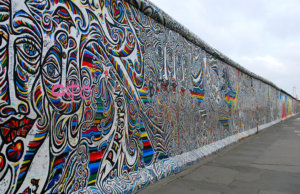According to a ranking by New York-based magazine Metropolis, Berlin has been awarded the title of the world’s second most livable city. The city was second only to the Danish capital city of Copenhagen.
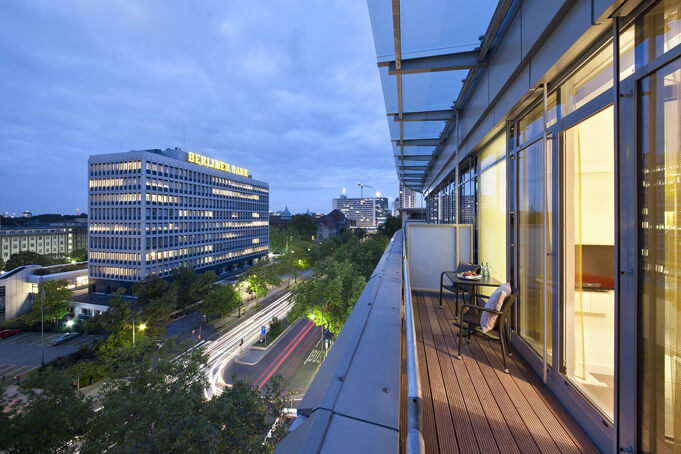
Berlin often praised as a livable city
This isn’t the first time the German capital has been listed as one of the world’s most livable cities. In 2015, it was listed by Monocle magazine as the third most livable city behind Tokyo and Vienna. In addition, a Mercer survey identified Berlin as one of the top 25 cities in the world for expats. With a ever-growing startup market, this can only mean good news for Berlin in attracting international talent (but we’ll get to that more later on).
So why Berlin?
According to the magazine, Berlin’s approach to reinvigorating abandoned buildings has been a key to their success. In addition, many of these old, renovated buildings are being put to an innovative use. For example, as office space for startup firms or to provide much needed housing for refugees. This also will prove to be important for finding apartments to reduce Berlin’s increasing housing crisis.
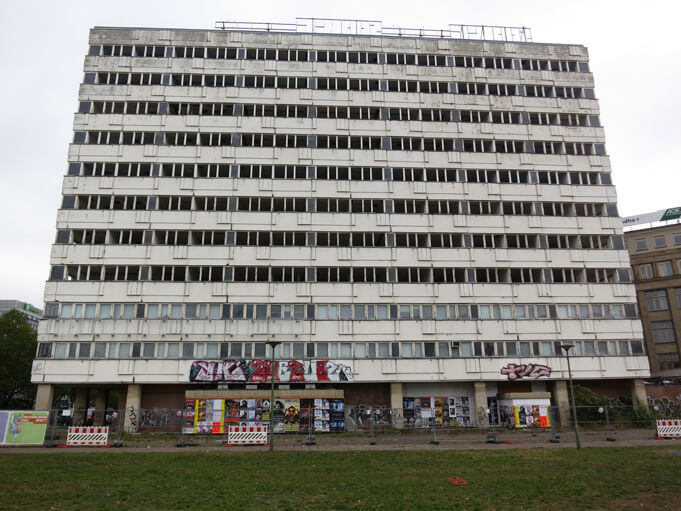
Many of these spaces are also located in the heart of the city, such as the old Haus der Statistik. The new project (which was listed in a previous article as one of Berlin’s most interesting abandoned spaces) is located just steps from Berlin’s center. It will change the formed GDR government building into a 130,000-meter space for artist studios and living space for refugees. Over the past years, more than 600 artist studios have been lost.
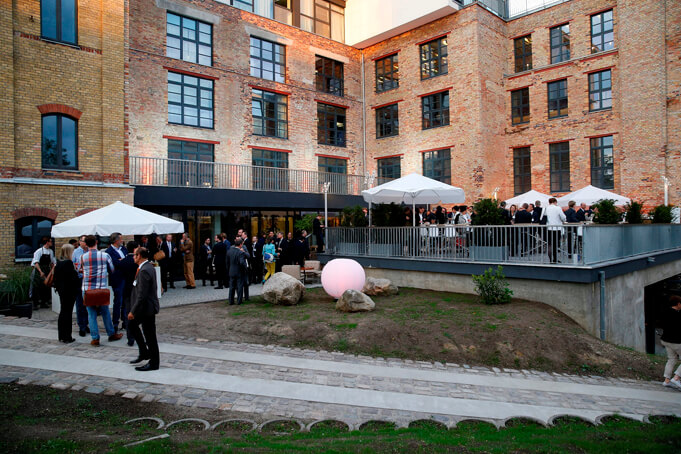
Previous examples of similar projects include the Google-funded Factory Berlin. Here, an old brewery was converted into office space for tech giants such as Uber, Twitter and SoundCloud.
In addition, the magazine writes: “Berlin’s stellar pedigree of arts events such as CTM, transmediale, and the Berlin Biennale is taking on greater significance – and the spaces required to host them are becoming increasingly crucial,” via theLocal.de
“If these new developments can cater to and integrate the wide range of newcomers to the German capital, it will resist the stasis and divisions that plague its European counterparts.“
This will be especially vital if Berlin can transition to Europe’s new startup capital
There has been much speculation over the potential to transform Berlin into Europe’s new start-up capital post Brexit. In fact, German officials have even opened a new office in the heart of London’s Silicon Valley. This is in an effort to try to persuade firms to move to the German capital. Increasing plans to bring new life to old, abandoned buildings in Berlin can only mean good things for their argument. And, with the potential to open up new, modern spaces to cultivate their business Berlin’s tech scene can only grow from here.


